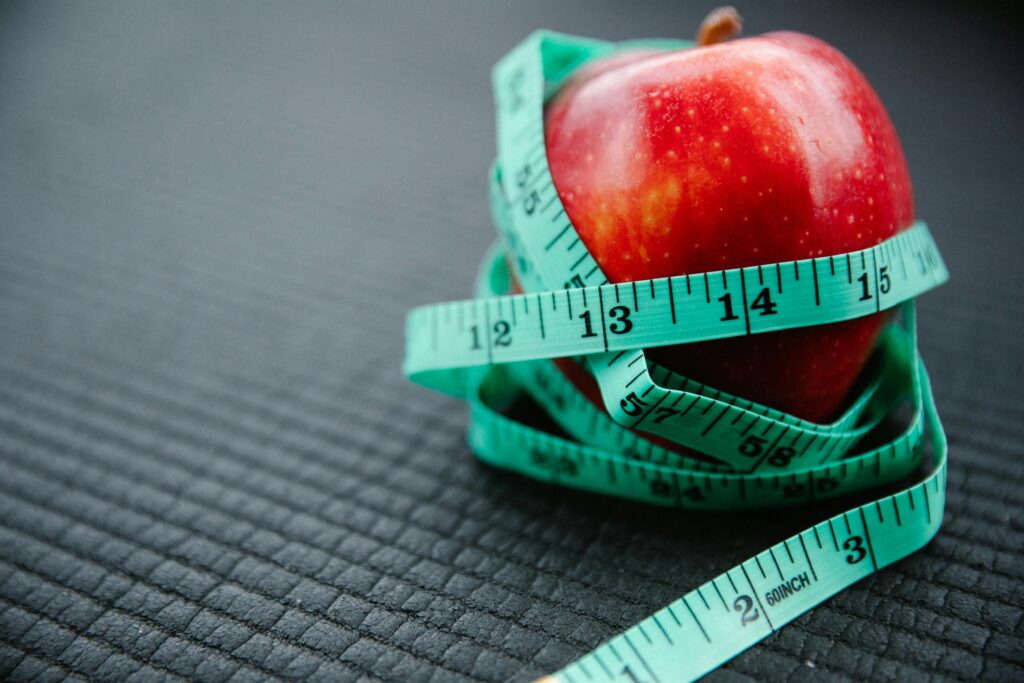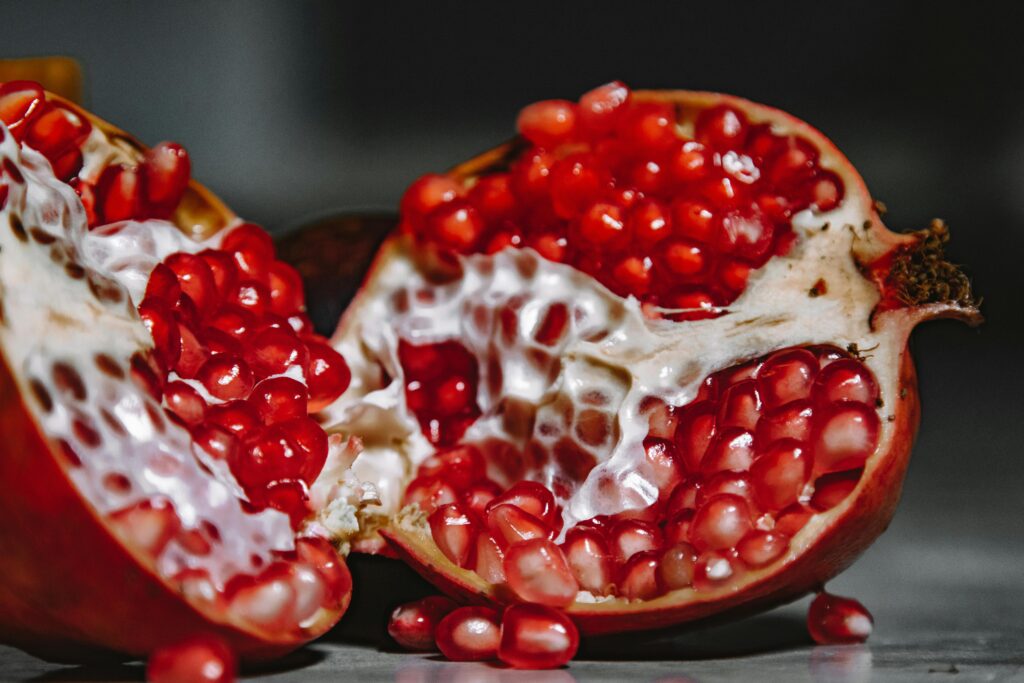
Maintaining a healthy weight is essential for overall well-being, and adopting a natural, balanced diet can be a game-changer. With the abundance of processed foods available today, many struggle to find the right path toward sustainable weight management. Fortunately, turning to natural foods can offer not only weight control but also numerous other health benefits, from improved digestion to enhanced energy levels.
In this article, we’ll explore how incorporating natural, whole foods into your daily routine can help you achieve a healthier weight and optimal wellness. Let’s dive into the world of nature’s best foods for better living.
1. Understanding Natural Foods: What Are They?
Natural foods refer to items that are minimally processed and free from synthetic additives, preservatives, or artificial ingredients. This includes fresh fruits, vegetables, whole grains, nuts, seeds, and lean proteins. These foods are typically nutrient-dense, meaning they provide essential vitamins, minerals, and nutrients without excessive calories. By focusing on such foods, you can support not only your weight but also your overall health.
Whole foods, like an apple picked from a tree or a handful of raw almonds, provide the body with fiber, antioxidants, and key nutrients that processed alternatives often lack. Foods that are close to their natural state help maintain stable blood sugar levels, reduce cravings, and foster long-term weight management.
2. The Role of Fiber in Weight Management
Fiber is a key player when it comes to weight loss and maintaining a healthy weight. Found in fruits, vegetables, whole grains, and legumes, fiber helps you feel full for longer periods, reducing the likelihood of overeating. Additionally, high-fiber foods slow down digestion, keeping blood sugar levels stable and preventing the spikes and crashes associated with high-calorie, processed meals.
For example, swapping refined grains like white bread for whole grains such as quinoa or brown rice can increase your fiber intake and promote weight loss. Leafy greens, such as spinach or kale, are also excellent low-calorie, high-fiber options.

3. Natural Protein Sources for Lean Muscle and Fat Loss
When aiming for a better weight, protein is your best friend. Protein not only helps build and repair muscles but also boosts metabolism. Choosing natural protein sources like lean meats, poultry, fish, beans, lentils, and tofu can be a more effective way to support weight loss while maintaining muscle mass.
The great thing about protein-rich foods is their ability to keep you satisfied. Incorporating wild-caught fish like salmon, organic chicken, and plant-based proteins such as lentils into your meals helps prevent overeating by curbing hunger. The more balanced your protein intake, the better your body can burn fat and sustain energy.
4. Healthy Fats for Weight Control
For decades, fats have been viewed as the enemy of weight loss, but not all fats are created equal. Natural sources of healthy fats, such as avocados, olive oil, nuts, and seeds, are essential for maintaining good health. These fats support brain function, keep you satisfied, and can even help the body burn stored fat more efficiently.
By incorporating healthy fats into your diet, you reduce your reliance on trans fats and other unhealthy options often found in processed foods. The key is moderation. A small amount of almond butter, a drizzle of olive oil on a salad, or a handful of walnuts can go a long way in satisfying your appetite while promoting heart health and fat loss.
5. Fruits and Vegetables: Nature’s Powerhouses
There’s a reason why fruits and vegetables are consistently recommended by nutritionists and dieticians. These nutrient-dense foods are packed with essential vitamins, minerals, and antioxidants that not only improve health but also help manage weight.
Berries like blueberries, strawberries, and raspberries are low in calories but high in fiber and antioxidants, making them a perfect snack for those looking to shed extra pounds. Additionally, incorporating more vegetables, especially non-starchy ones like broccoli, cucumbers, and bell peppers, can increase satiety without adding significant calories to your diet.

6. The Power of Hydration: Water and Weight Loss
One often overlooked but essential aspect of weight management is proper hydration. Drinking enough water can significantly aid in weight loss by improving digestion, reducing bloating, and keeping you full between meals. Sometimes, feelings of hunger are actually signals of dehydration.
Water also plays a crucial role in the body’s ability to metabolize stored fat. Aim to drink at least 8 glasses of water a day, and consider starting each meal with a glass of water to promote fullness and reduce overeating. Herbal teas, like green tea, are also great alternatives that can boost metabolism and aid fat burning.
7. Avoiding Processed Foods: The Weight-Loss Pitfall
Processed foods often contain hidden sugars, unhealthy fats, and artificial additives that contribute to weight gain. These foods are typically high in calories but low in nutritional value, leading to blood sugar spikes and crashes that increase hunger and cravings.
To avoid falling into the processed food trap, focus on eating whole foods that are in their most natural state. This can be as simple as replacing sugary cereals with oats, swapping chips for raw nuts, or choosing fresh fruit over fruit-flavored snacks.
8. Meal Planning with Natural Foods
One of the best ways to ensure you’re consuming natural foods is to plan your meals in advance. This eliminates the temptation to reach for unhealthy snacks or fast food options when you’re short on time.
Creating a weekly menu that includes a variety of fruits, vegetables, lean proteins, and whole grains will set you up for success. Try preparing large batches of healthy soups or grain salads, or invest in simple, wholesome ingredients like fresh greens, beans, and lean meats that you can easily combine for quick meals throughout the week.
9. Snack Smarter: Choosing Natural, Nutritious Options
Snacking doesn’t have to derail your weight loss goals. In fact, choosing the right natural snacks can keep your metabolism active and prevent overeating at meals. Reach for raw almonds, apple slices with almond butter, or Greek yogurt with berries. These options are rich in protein, fiber, and healthy fats, helping to stabilize blood sugar and reduce cravings.
By preparing snacks ahead of time, you can avoid the impulse to grab processed, calorie-dense options when hunger strikes.
10. The Importance of Mindful Eating
In our fast-paced world, it’s easy to eat quickly or mindlessly. However, mindful eating—being fully present and aware during meals—can help improve digestion, control portions, and enhance satisfaction.
Take time to chew your food thoroughly, savor the flavors, and listen to your body’s hunger and fullness cues. This practice can prevent overeating and help you build a healthier relationship with food, aiding in long-term weight management.
Conclusion: A Lifestyle of Natural Foods for Better Weight
Achieving and maintaining a healthy weight doesn’t have to be complicated. By focusing on natural, whole foods and making small, sustainable changes to your diet, you can enjoy lasting results. From fiber-rich vegetables to lean proteins and healthy fats, nature provides all the tools necessary for optimal wellness and weight control.
Remember, it’s not about deprivation or drastic dieting. It’s about nourishing your body with wholesome, nutrient-dense foods that support both your immediate and long-term health goals. Begin by incorporating these natural foods into your routine today, and experience the transformative power of eating the way nature intended.

References
- Harvard T.H. Chan School of Public Health. “The Nutrition Source: Healthy Eating Plate.” Updated 2023. https://www.hsph.harvard.edu/nutritionsource/healthy-eating-plate/
- Mayo Clinic Staff. “Whole Grains: Hearty Options for a Healthy Diet.” Mayo Clinic, Updated 2022. https://www.mayoclinic.org/healthy-lifestyle/nutrition-and-healthy-eating/expert-answers/whole-grains/faq-20059096
- American Heart Association. “Healthy Fats vs. Unhealthy Fats.” Updated 2023. https://www.heart.org/en/healthy-living/healthy-eating/eat-smart/fats/healthy-fats-vs-unhealthy-fats

